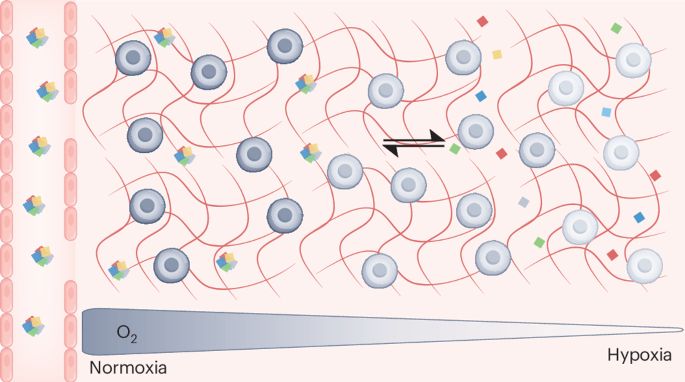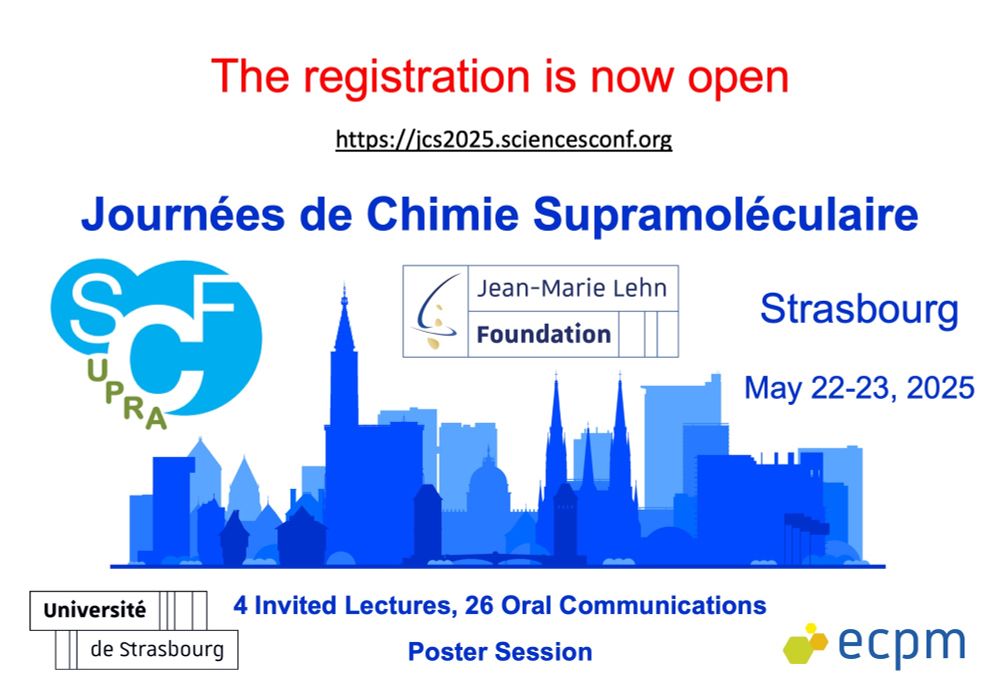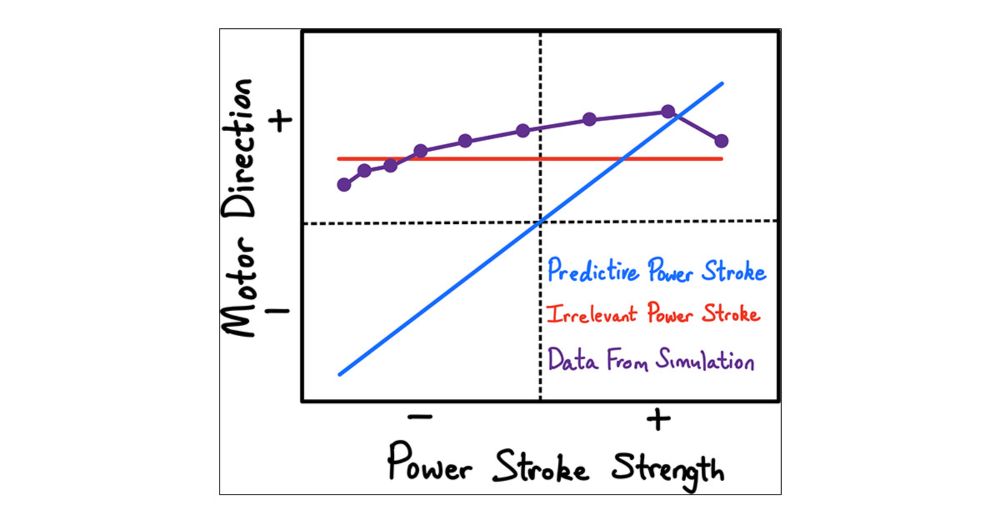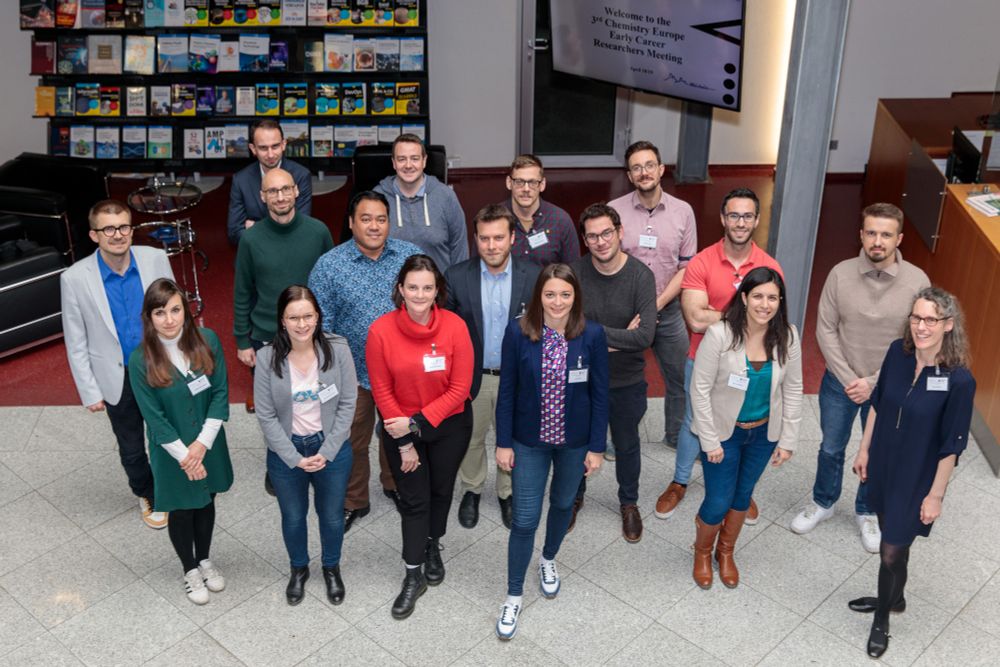Giulio Ragazzon
@giuliosflask.bsky.social
740 followers
440 following
12 posts
Here mostly a chemist. Interested in endergonic processes and other cool stuff. Group leader at the University of Strasbourg.
Posts
Media
Videos
Starter Packs
Reposted by Giulio Ragazzon
Reposted by Giulio Ragazzon
Giulio Ragazzon
@giuliosflask.bsky.social
· Nov 27
Reposted by Giulio Ragazzon





